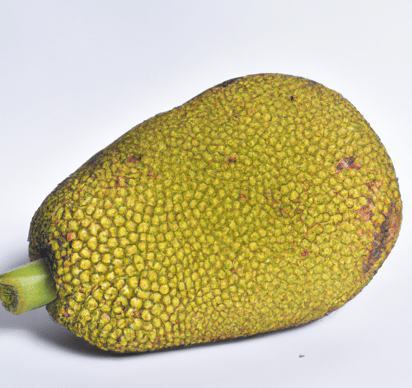Jackfruit: Important Facts, Health Benefits, and Recipes
Explore the health benefits, uses, and history of jackfruit, a nutritious tropical fruit that's gaining popularity as a versatile ingredient in various cuisines.

Explore the health benefits, uses, and history of jackfruit, a nutritious tropical fruit that's gaining popularity as a versatile ingredient in various cuisines.
